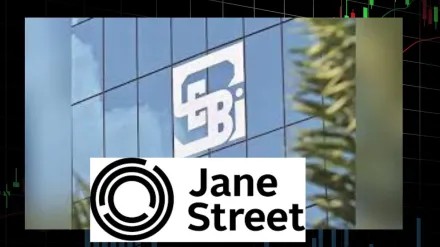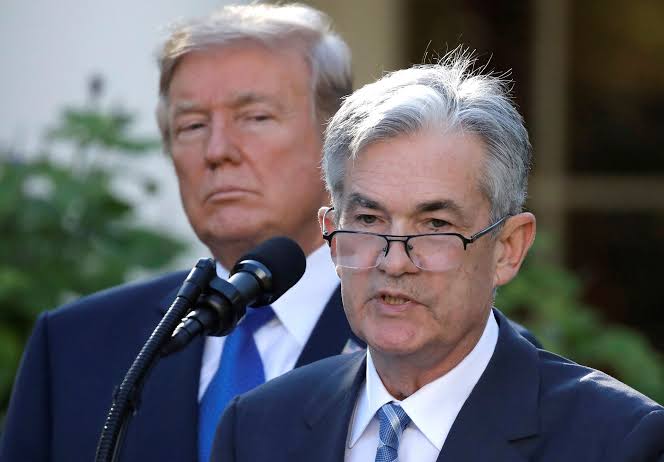 Image Source: The Financial Express
Image Source: The Financial Express
What’s Happening with Jane Street in India?
U.S. trading giant Jane Street has found itself at the center of a major regulatory showdown in India. After being accused by the Securities and Exchange Board of India (SEBI) of manipulating the Bank Nifty index through aggressive options trading, Jane Street has complied with a directive to deposit $567 million (about ₹4,843 crore) in an escrow account. This is the largest such regulatory action in India’s market history and is meant to secure what SEBI calls “unlawful gains” pending a final order.
Key Details:
SEBI’s interim order, issued July 3, bars Jane Street and its affiliates from trading in Indian securities and derivatives markets until further notice. The regulator alleges that Jane Street’s trading strategies distorted index prices and hurt retail investors.
Jane Street has deposited the full escrow amount as required, but has made it clear it does not intend to resume trading in the Indian options market for now, even though the deposit technically allows it to do so.
The firm strongly denies any wrongdoing, calling its trades “basic index arbitrage” and arguing that its actions were in line with global market practices. Jane Street has communicated to staff and the public that it plans to challenge SEBI’s order, likely through the Securities Appellate Tribunal (SAT), but legal experts say immediate relief is unlikely.
SEBI’s action has had a ripple effect on the Indian market, with options trading volumes dropping by nearly 20% in the week following the ban. Market participants expect activity to recover as regulatory clarity improves.
What’s Next?
Jane Street retains the right to challenge SEBI’s order and is preparing a legal response. The firm is expected to argue that its trading was legitimate and that SEBI’s findings are overly harsh and misrepresent its role as a liquidity provider.
SEBI, meanwhile, is broadening its investigation to include other indices and may pursue criminal prosecution if it finds evidence of intent-driven manipulation.
The case is being closely watched as a test of India’s regulatory approach to high-frequency and algorithmic trading, with implications for other global trading firms operating in the country.
Why This Matters?
This episode marks a turning point for India’s fast-growing derivatives market, highlighting the risks and regulatory scrutiny that come with increased foreign participation. For now, Jane Street’s India operations remain on hold, and the outcome of its legal challenge could set important precedents for market conduct and enforcement.
Sources: Economic Times, Reuters, Wright Research, Indian Express, LinkedIn, Moneycontrol, India Today, SEBI, The Hindu Business Line, CNBC TV18
Advertisement
Advertisement






